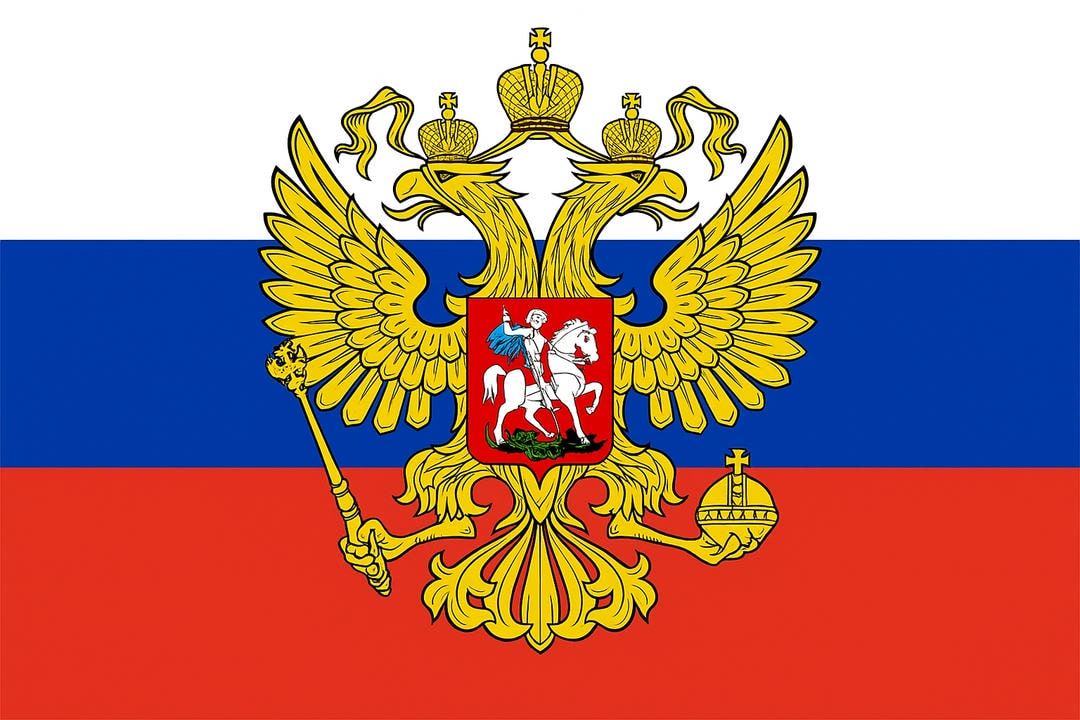Initiating the journey of self-learning Russian can be both challenging and rewarding; the key lies in adopting a structured approach. One of the foundational steps involves setting clear, achievable goals using the SMART criteria, which can greatly enhance your progress and motivation. However, simply establishing goals is not enough. A well-balanced study routine that encompasses vocabulary, grammar, and consistent practice is imperative. Furthermore, mastering pronunciation through active listening and mimicking native speakers can greatly improve your fluency. But how does one effectively integrate these strategies with diverse resources and real-world practice?
Set Clear Goals

Establishing clear goals is a fundamental step in the self-learning journey of Russian language acquisition. Having well-defined objectives can greatly enhance your motivation and provide a structured pathway for your studies.
To begin with, identify specific language skills you aim to master, such as conversational fluency, reading proficiency, or writing capabilities. These goals should be SMART: Specific, Measurable, Achievable, Relevant, and Time-bound.
Motivation strategies play an essential role in sustaining your enthusiasm. Break your ultimate goal into manageable milestones, such as learning a certain number of new words each week or completing a chapter in a textbook. Celebrating these small victories will keep you motivated and provide a sense of accomplishment.
Equally important is progress tracking. Maintain a journal or use digital tools to document your daily or weekly advancements. This allows you to visualize your progress and make necessary adjustments to your study plan.
It also helps in identifying areas that need more focus, thereby optimizing your learning process.
Build a Study Routine
A well-structured study routine is the backbone of effective self-learning in Russian. Establishing a consistent schedule guarantees steady progress and mitigates the risk of burnout. Time management is critical; allocate specific time slots each day dedicated solely to learning Russian.
Consistency is more important than duration; even short, focused study sessions can yield significant results when practiced regularly.
Creating an ideal study environment is equally essential. Choose a quiet, comfortable space free from distractions to enhance concentration and retention. This environment should be equipped with all necessary materials, such as textbooks, notebooks, and digital tools, to facilitate seamless learning.
Divide your study time into manageable segments, focusing on different aspects of the language, such as vocabulary, grammar, reading, and writing. Use tools like calendars or planners to track your progress and adjust your routine as needed.
Incorporate breaks to prevent mental fatigue and maintain motivation.
Focus on Pronunciation

Mastering pronunciation is a critical component of learning Russian, as it guarantees effective communication and comprehension. To achieve accurate pronunciation, understanding and utilizing phonetic transcription is essential. Phonetic transcription provides a visual representation of sounds, enabling learners to grasp the intricacies of Russian phonology. Familiarizing oneself with the International Phonetic Alphabet (IPA) can be immensely beneficial, as it offers consistent and precise symbols for every sound in the Russian language.
One of the key aspects of Russian pronunciation is correct tongue placement. Russian contains several sounds that are not present in English, such as the palatalized or “soft” consonants. These require positioning the tongue closer to the roof of the mouth, a technique that can be mastered through consistent practice and listening exercises.
Similarly, the Russian rolled “r” necessitates specific tongue placement and coordination, which can be challenging but achievable with diligent effort.
Regularly listening to native speakers, mimicking their pronunciation, and recording oneself to compare can greatly enhance phonetic accuracy. Over time, these practices help internalize the nuances of Russian pronunciation, leading to more fluent and confident communication.
Use Diverse Resources
To effectively learn Russian, leveraging a variety of resources is essential. Diversifying your study tools not only keeps the learning process engaging but also helps to address different aspects of language acquisition.
For those interested in learning Russian, a valuable resource is available at How to Russia, which offers a variety of insights and materials for language learners.
Cultural immersion is another powerful strategy. Interacting with individuals within your community, watching Russian films, listening to Russian music, and consuming other multimedia content can greatly enhance your listening skills and cultural understanding.
Additionally, reading materials, including Russian newspapers, books, and online articles, are invaluable for improving your reading comprehension and exposing you to diverse linguistic contexts.
Audio resources, such as podcasts and audiobooks, can help fine-tune your pronunciation and listening abilities. Engaging in a language exchange with native Russian speakers provides practical experience and immediate feedback.
By combining these strategies and resources, you can create an immersive and engaging learning experience that will help you master the Russian language.




